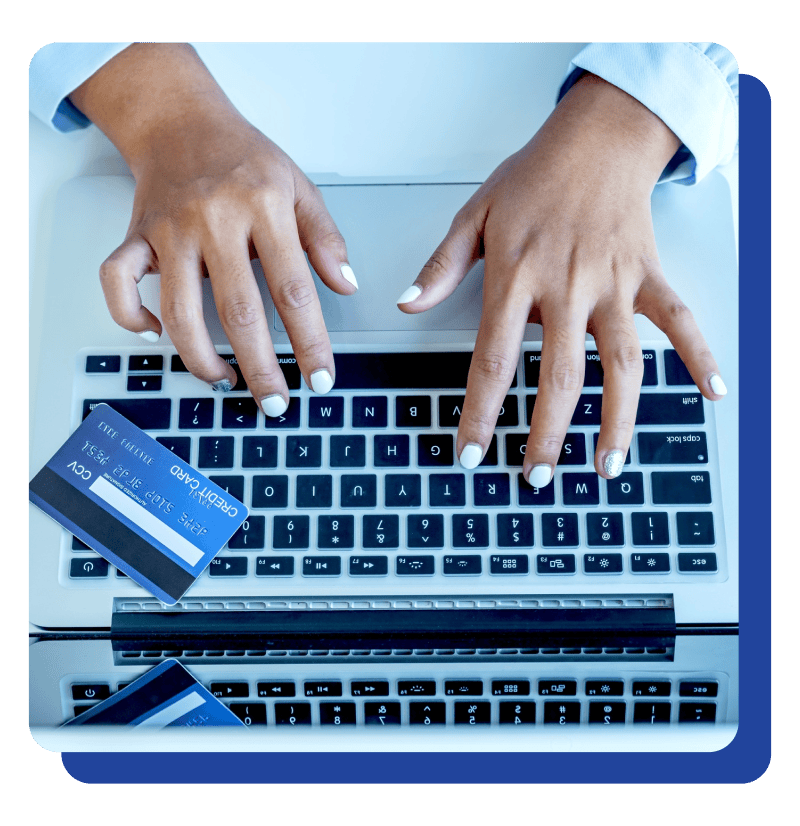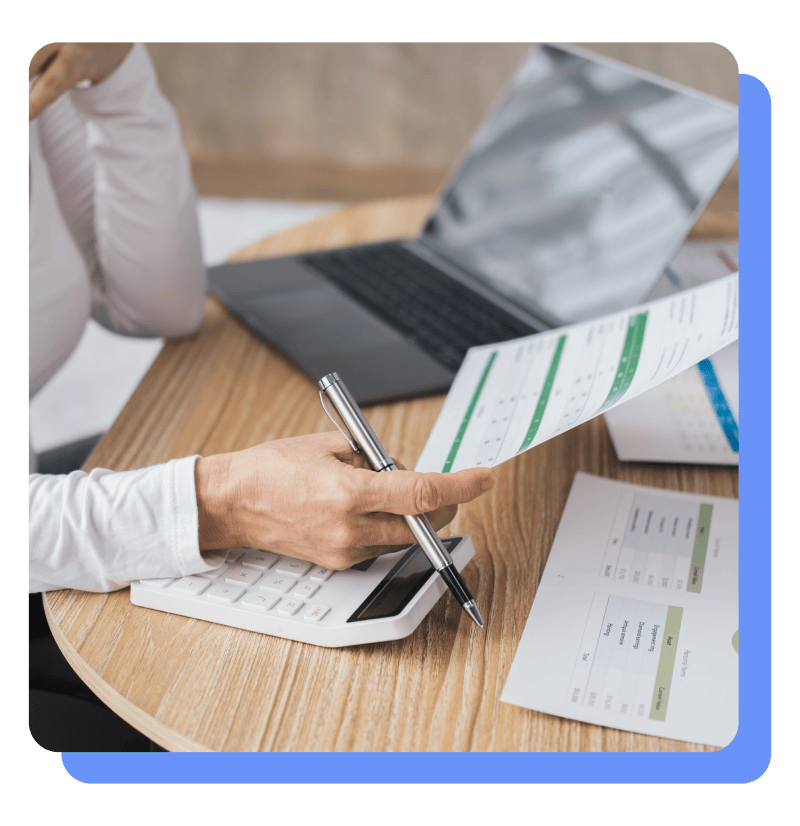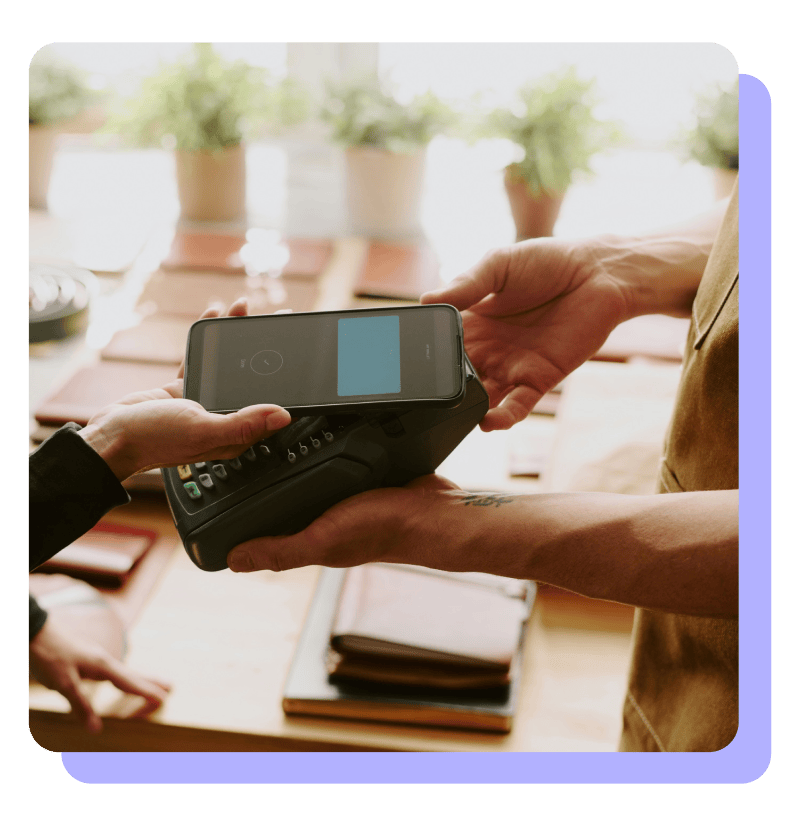The Role of Debt Collection in Consumer Finance
Why personal debt goes unpaid, how it impacts financial institutions, and how ethical recovery strategies can help restore cash flow while preserving customer trust.


Understanding Consumer Debt in the Financial Sector
Financial institutions that serve individuals—including banks, credit unions, credit card providers, and personal loan companies—face a growing challenge: rising consumer debt. Delinquencies on credit cards, auto loans, unsecured personal loans, and installment financing can severely impact liquidity.
Consumer debt collection requires a careful balance between firm recovery efforts and empathetic communication. Borrowers may be facing financial hardship, confusion about repayment terms, or personal crises. A professional, respectful approach is essential.
Why Effective Consumer Debt Collection Matters
When debt goes unpaid, it increases financial strain on lenders and limits their ability to offer competitive credit options. But overly aggressive collection practices can harm brand reputation and drive away customers.
By partnering with an experienced third-party collections agency, financial institutions can improve recovery rates while ensuring consumers are treated fairly and respectfully. The goal isn’t just repayment—it’s resolution.


When Vendor Debt Affects Resident Care
Unresolved commercial debt can significantly impact your facility's operations and bottom line. From medical supplies to staffing services, every delayed payment affects your ability to provide quality care.
- Disrupted supply chains for essential medical equipment and supplies
- Strained relationships with critical service providers
- Increased operational costs due to cash flow gaps
- Compliance risks from inadequate financial documentation
- Administrative burden on limited staff resources
How Consumer Debt Accrues and Goes Uncollected
Common causes of consumer delinquency include:
Credit Overextension:
Borrowers exceed their limits or take on more debt than they can manage.Economic Hardship:
Job loss, medical emergencies, or inflation disrupt repayment.Missed Communications:
Forgotten due dates or confusion around billing cycles.Billing Errors:
Inaccurate charges or incorrect account data.Life Events:
Unforeseen personal incidents that cause unexpected expenses.Steps to Recover Consumer Debt
NSB takes a respectful, compliant, and human-first approach to debt recovery:
Account Review
Initial Contact
Negotiation
Escalation
Ongoing Communication

Receivables Management for Consumer Lenders
Consumer-facing institutions often struggle to collect past-due payments at scale. Our receivables management services act as an extension of your team—from early-stage outreach to full third-party collections.
How We Support Your Internal Processes:
- Invoicing & Reminders: Timely notices to reduce accidental non-payment.
- First Party Receivables Management: Proactive outreach before debts are charged off.
- Third-Party Collections: Certified agents handle escalated accounts with professionalism.
- Skip Tracing & Credit Reporting: Locate hard-to-reach debtors and report delinquency status as needed.
- Dispute Management: Quickly resolve consumer questions or complaints.
- Custom Reporting: Track recovery performance and compliance insights.
Benefits of Outsourcing Consumer Debt Collection to NSB
Contingency-Based:
Only pay if we successfully recover funds.
Cash Flow Recovery:
Reclaim revenue from delinquent accounts.
Consumer Sensitivity:
Preserve customer goodwill and avoid negative PR.
Real-Time Reporting:
Get full visibility into recovery status and account outcomes.
Compliance:
Stay compliant with all current state and federal regulations, including the everchanging consumer protection environment.
Scalable Support:
Manage large volumes without overloading your internal team.
How NSB Supports Consumer Finance Institutions
We understand the challenges of collecting from individuals while preserving customer relationships. Our team is trained to handle sensitive conversations, resolve disputes efficiently, and work within strict compliance frameworks.
Whether you’re a regional credit union or a national lender, NSB can help you recover more consumer debt—without sacrificing compassion or professionalism.

Partner With NSB to Improve Your Consumer Debt Recovery
With nearly four decades of experience in debt collection, NSB is a trusted name in consumer finance recovery. Our ethical approach, regulatory expertise, and tailored BPO services make us an ideal partner for financial institutions of any size.
